RISD’s annual staff performance review cycle typically runs from July 1 to June 30 of the following year, with several milestone conversations taking place throughout the process.
Heavy documentation is not a necessary part of RISD’s performance management processes. What matters most is the quality of the conversation. Ideally, it should be a dialogue rich with specific examples of expectations, actual performance and the impact the employee’s work. During this, both parties should acknowledge and come to agreement on performance highlights.
Documentation should then briefly summarize conversations to preserve a year-to-year record of the employee’s contributions to RISD and their efforts toward improvement when called for. As a result, documentation will reflect employee development over time.
Performance management includes the following documented processes:
- Goal/expectation setting: Employee and manager meet to establish mutually agreed upon goals and expectations for the year ahead. Whether the position is more likely to be focused on tasks or goals, all individuals are responsible for essential responsibilities or other assignments. The shared understanding of expectations for the coming period that emerges from this process serves as the foundation for successful performance. For more information about the Goal/Expectation Setting process, click here.
- Check-in conversation: Focusing on the most recent period since your last performance conversation, managers and employees use this conversation to recognize accomplishments, clarify expectations and redirect efforts as necessary. Employee and manager hold documented check-in conversations twice each cycle. For more information about the Check-In Conversation process, click here.
- End-of-year conversation: Here employee and manger discuss overall performance throughout the past year. This conversation leads to a shared understanding of the results of an employee’s work and how they are achieved. Employee and manager should also capture challenges, missed opportunities, and how these factors affect performance. The conversation also provides space to talk about goals and expectations for the coming year. For more information about the End-Of-Year Conversation process, click here.
Eligibility
In general, all employees participate in our performance management process. Whether temporary, on a term appointment, or in an ongoing role, all employees benefit from having a clear understanding of expectations. Likewise, it is important that all employees receive clear direction and feedback on a regular basis.
The guidelines below indicate whether or not an employee participates in the formal process via Workday. Reviews (Kick-Off Goals/Expectations, Check-In, and End-of-Year Conversations) are typically due on the designated timeline for:
- all regular, full-time and part-time employees.
- all employees in term appointments of 12 months or longer or for one academic year (September–June) with the expectation to renew.
As shown in the following table, review due dates may be altered in certain circumstances.
| Circumstances | Action Needed |
| Employee is on a leave of absence when review is due | Review is due 30 days after return to active employment |
| Employee is hired after April 1 and not eligible for salary action on July 1 | Manager initiates Kick-off Goals/Expectation manually in Workday |
Temporary employees
While temporary employees should receive a clear understanding of expectations from their manager, they do not participate in the formal performance review process.
New employees
Clear direction is particularly important for new employees to acclimate to their new role and to RISD. Managers of new employees should initiate the Kick-Off Goal/Expectations task in Workday to establish clear guidelines and expectations for success during the orientation and review period.
Although there is no probationary review that follows an employee’s orientation and review period, managers should regularly provide feedback to a new employee to help set them up to succeed. Managers should contact Human Resources as soon as possible with any performance concerns that arise during the orientation and review periods.

